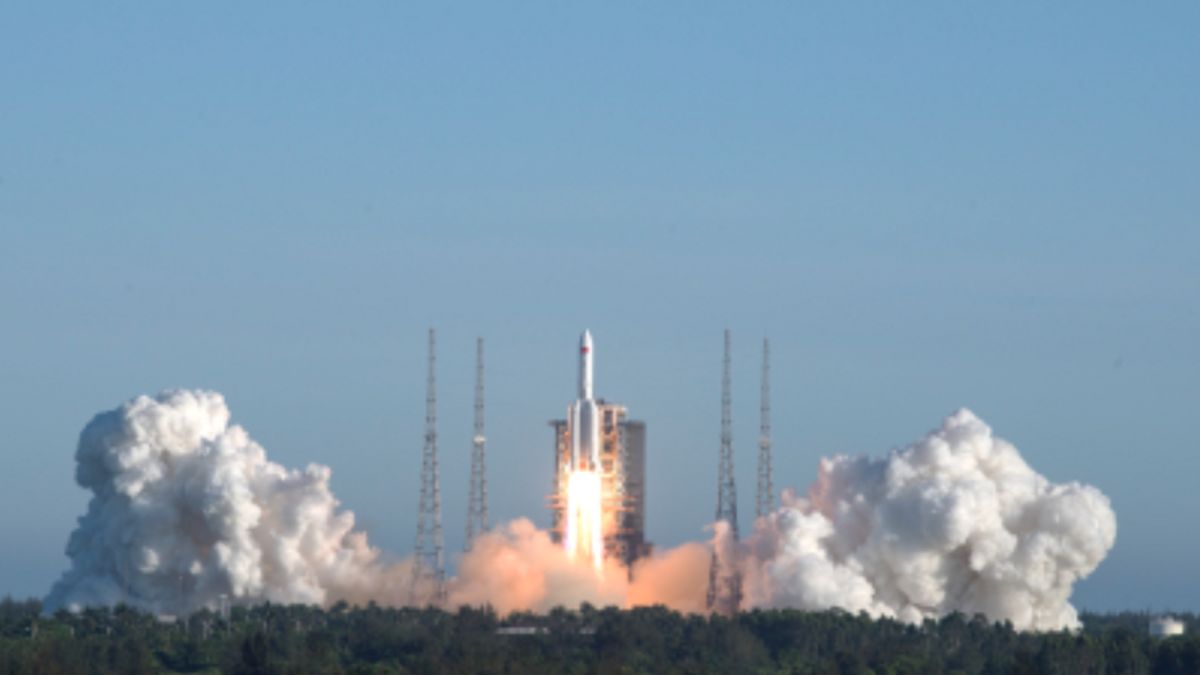JAKARTA - China has succeeded in making a new breakthrough by presenting Xuntian, another name for the Chinese Space Station Telescope (CSST). This telescope is planned to launch next year.
China should be proud of CSST or Xuntian, especially the China Manned Space Agency (CMSA). The reason is, this telescope is considered to be able to outperform the Hubble Space Telescope belonging to the United States Aeronautics and Space Administration (NASA).
CMSA Deputy Director Lin Xiqiang explained several advantages of Xuntian. Quoted from Space, Xuntian has a telescope with high resolution and a camera with 2.5 billion pixels. With this number of pixels, Xuntian managed to beat Hubble which only has 665 million pixels.
Apart from the significantly different pixel sizes, Xuntian is able to obtain a wider panoramic view of nature than Hubble. This can happen because Xuntian has a field of view 300 times larger than Hubble.
“Hubble may see one sheep, but CSST sees thousands of sheep, all at the same resolution,” said CSST Scientific Data Reduction Systems Project Scientist Li Ran.
It doesn't stop there, Xuntian is said to be the most sophisticated telescope in producing images in the form of the ultraviolet spectrum. In fact, this capability is said to be the most superior of all research projects in the world.
BACA JUGA:
With the great power of Xuntian, Chinese astronomers hope that this telescope can bring progress in the field of astronomy. They also hope that Xuntian can make Chinese astronomers internationally superior.
Meanwhile, Xuntian will carry out its mission for 10 years with the Tiangong Space Station after launching with the Long March 5B rocket. While carrying out his duties, Xuntian will orbit near Tiangong to learn many things.
The hope is that Xuntian can make breakthroughs regarding cosmology, dark matter and dark energy, the Milky Way galaxy, and the evolution of stars and extra-solar planets.
The English, Chinese, Japanese, Arabic, and French versions are automatically generated by the AI. So there may still be inaccuracies in translating, please always see Indonesian as our main language. (system supported by DigitalSiber.id)


















